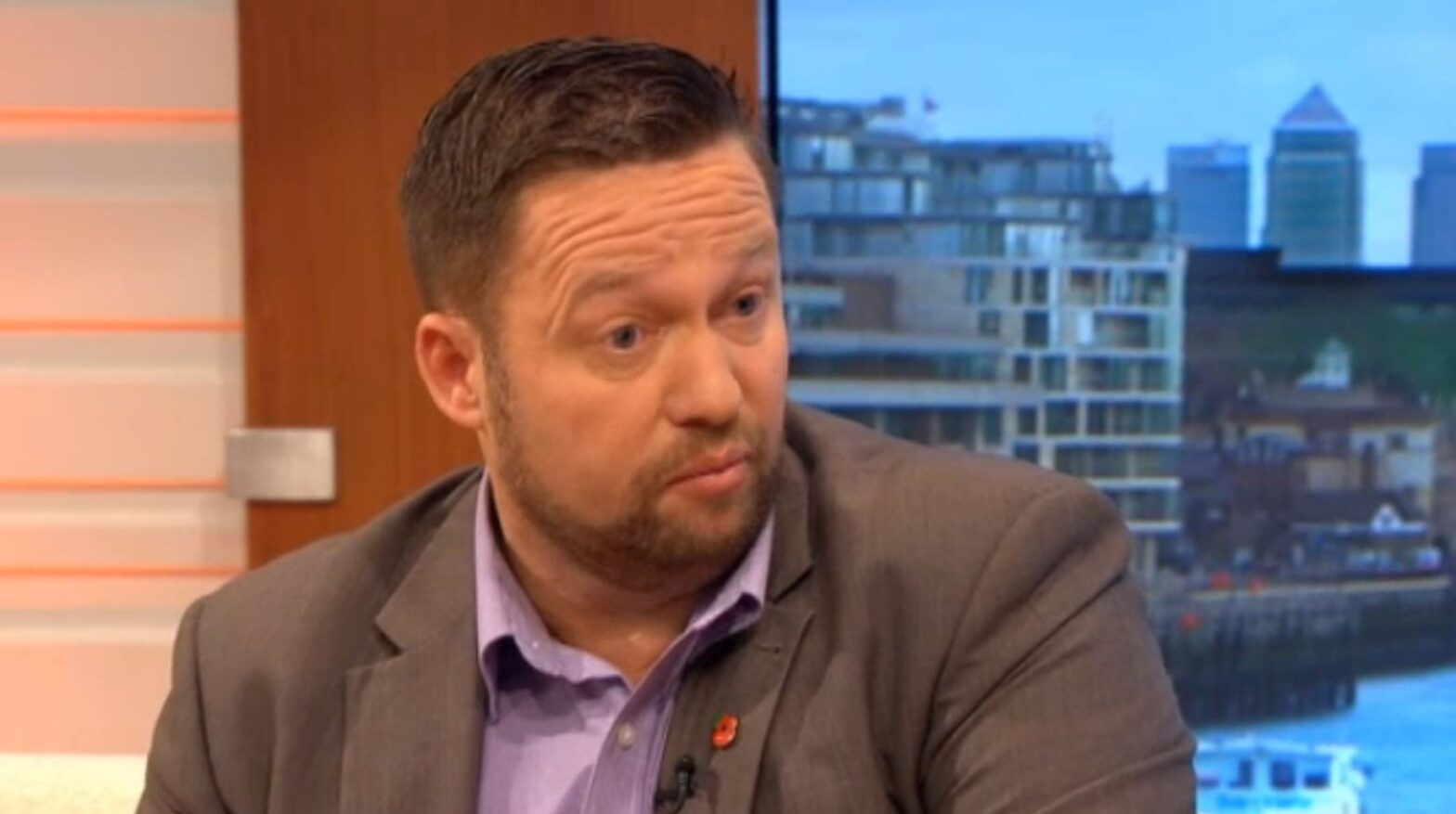CAMPAIGN FOR A DEMOCRATIC FBU today calls on the leadership of the Fire Brigades Union to commission an independent review into whistleblower reports of a ‘toxic’ working environment over a sustained period at the union’s head office in south-west London.
Our call comes the day after yet another high-ranking employee departed the union in unexplained circumstances.
Recent years have seen a worryingly high turnover of staff at the head office in Kingston-Upon-Thames, with several employees – including a number in senior and well-paid roles – leaving the organisation abruptly and without explanation, sometimes after protracted periods of sickness. It is understood that some individuals had made allegations of bullying.
We can also reveal that some members of staff were paid thousands of pounds out of union funds as part of severance agreements which required them to sign gagging orders.
The latest employee to leave in mysterious circumstances is Sean Starbuck. Starbuck served as a national officer – one of the most senior positions in the union – for 14 years, earning an annual salary of £67,000 at the time of his departure. Earlier this year, he unsuccessfully challenged general secretary Matt Wrack for the top job. Shortly afterwards, he went on long-term sick leave, amid reports that he had made allegations of mistreatment. He has now departed for good, with sources confirming he received a confidential pay-off. (Campaign for a Democratic FBU stresses that there is no suggestion of wrongdoing on Starbuck’s part.)
The FBU’s most senior officials – including the general secretary, assistant general secretary, president and national officers – work at the union’s head office. They are assisted by a number of employees in administrative and support roles. Rumours of internal conflict at head office have been swirling for years, though very little detail has ever been formally reported to local committees – or even to the union’s executive council.
However, first-hand testimony relayed to our group by a whistleblower suggests the reports are true. The whistleblower, who was close to events at senior levels of the union for many years, described the atmosphere at head office as ‘toxic’. The person’s testimony paints a picture of a dysfunctional and rancorous working environment, with several episodes of long-term absenteeism and numerous complaints raised by members of staff. Some employees had made allegations of bullying, while others claimed to have been ‘manoeuvred out’ of their jobs.
Most startling is the evidence that some individuals were paid thousands of pounds in return for signing non-disclosure agreements (NDAs). These types of agreements have been the subject of much debate in the media and are widely regarded as controversial. Some commentators have called for NDAs to be outlawed in the workplace, believing they allow bad employers to sweep things under the carpet. Even the Trades Union Congress (TUC) has raised concerns about them.
FBU members across the country will doubtless be concerned at these reports. In particular, members will want to know how such a destructive atmosphere was allowed to take hold at the union’s head office in the first place. After all, trade unions should be exemplars when it comes to establishing decent working environments and constructive workforce relations.
Members will also be concerned at reports that large sums of money – their money – were paid to some departing employees in the form of ‘hush money’. Why exactly was this money paid? What did these employees know that the leadership wanted them to keep quiet about? Precisely how much was paid out? How many employees left the organisation after signing confidential severance agreements? If the leadership had acted properly at all times and in all cases, then why weren’t these employees just left to depart in the normal way? Why was much of this information concealed from members of the executive council, local committees and the wider membership?
If these troubling events had occurred within a local fire and rescue service, FBU leaders would themselves be calling loudly for a full independent review. They should therefore submit themselves to the same process. Individuals who have signed confidentiality agreements should be permitted to contribute freely to that review.
In the meantime, the FBU leadership must come clean. It should offer a full and frank disclosure of how much money was paid in confidential severance agreements, and to how many employees. The leadership must tell us who knew what, and when.
Campaign for a Democratic FBU is absolutely confident that the testimony provided by the whistleblower is accurate. If it isn’t, then FBU leaders will presumably come out and deny it. Let us see if they do.
The events surrounding Sean Starbuck are particularly concerning. Starbuck was not just an ordinary employee of the FBU; he was an elected national officer and one of the most senior figures in the union. He was in that role because, in a democratic ballot, he was chosen by thousands of FBU members to represent them. What’s more, Starbuck is not the first national officer to leave his post prematurely and in unexplained circumstances; neither is he the first whose departure was accompanied by reports of a secret pay-off.
When any democratically-elected senior official leaves his or her job prematurely and amid a flurry of speculation, members are entitled to ask questions. We put these officials into position, and it is simply not acceptable for the union leadership to throw a veil over the circumstances of their departure. Democracy matters. Transparency matters. If our senior elected representatives disappear off the scene suddenly and unexpectedly, we are entitled to know the reasons why – particularly if that representative has made allegations of wrongdoing by others in the union. Yet, after 14 years in post, Starbuck’s surprise departure merited no more than two bland sentences in a circular from the general secretary to members.
These events show again that FBU leaders have become accustomed to making contentious decisions behind closed doors and in the expectation that nobody is going to shine a light on them. They have fallen into the habit of treating our union as a private company. They see scrutiny as an unwelcome distraction. They show contempt for internal accountability and are instinctively hostile to anyone who challenges their authority. They have begun to see themselves as a board of directors rather than a body of elected representatives.
In fact, our union is – or should be – a living and breathing democratic organisation whose senior officials are open about their actions and answerable to grassroots members. The union’s money is our money. It is accrued from our loyal contributions, and we have a right to scrutinise how it is spent. If thousands of pounds from union funds has been paid out in ‘hush money’, we are entitled to know about it.
Something has clearly been going seriously wrong at the head office of our union over many years, and we have every right to demand answers. The culture of secrecy must end. No more must FBU leaders think they can get away with using our hard-earned contributions to buy the silence of employees who raise grievances. There must be full transparency and accountability in these matters, starting today. FBU members deserve better. Much better.

